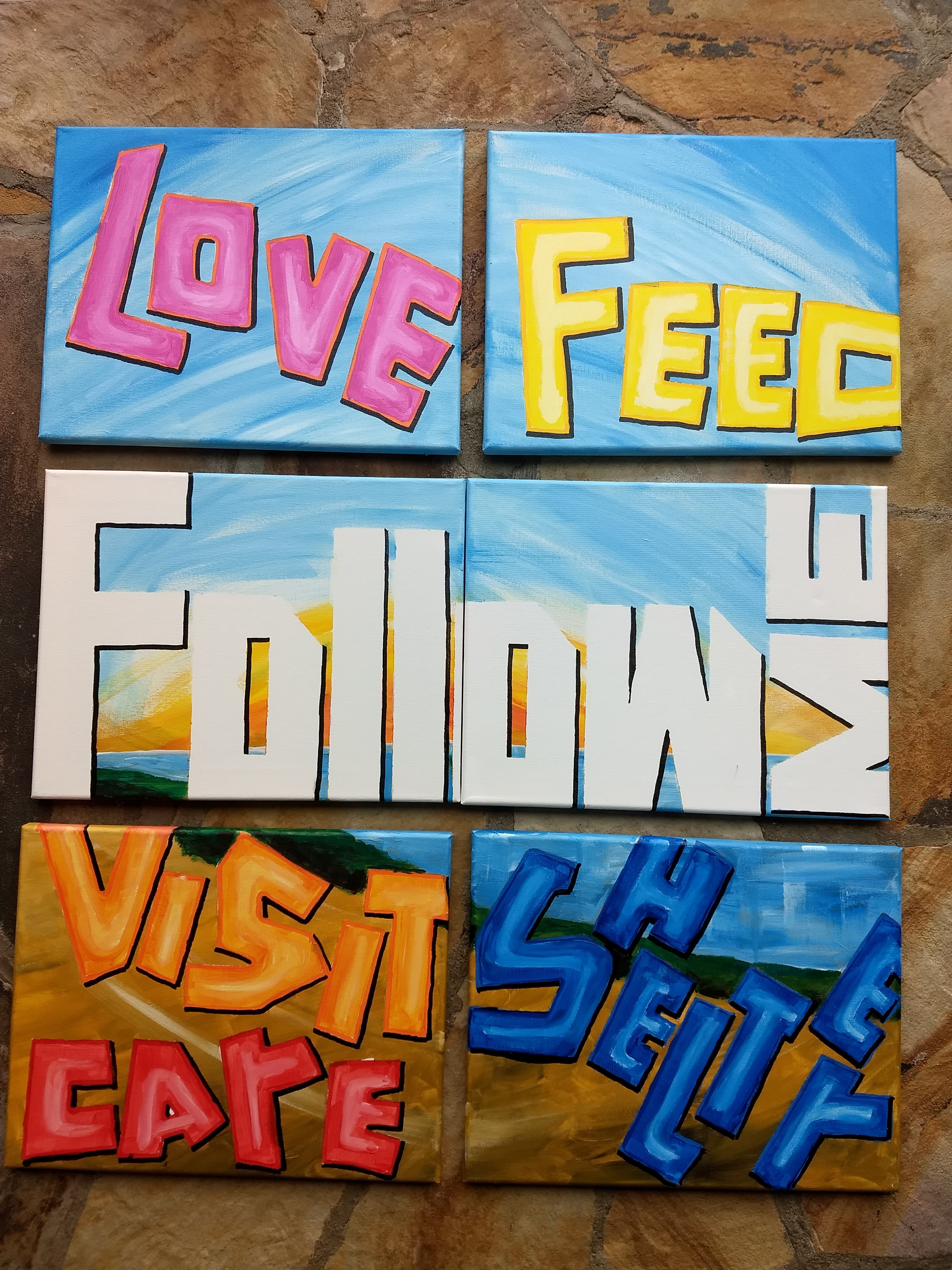Second Sunday of Advent
“Repent, for the kingdom of heaven is at hand.” Mt. 3:1
These words from the Gospel of Matthew highlight the cover of a National Geographic magazine. They also scroll across the top of a 1526 fresco by Giovanni Antonio Bazzi at the Basilica Catherinian San Domenico in Siena, Italy.
There we also find a painting of St. Catherine swooning after receiving the stigmata, the wounds of Jesus on her body.
This same National Geographic article informs us that “Pilgrims visit her shrine in search of cures.”
The point of the article is this:
“You’re not just what you eat, or do, or think. You are what you believe.” Author Eric Vance then says that “… the healing power of belief is all around us. Studies suggest that regular religious services may improve the immune system, decrease blood pressure, add years to our lives …. There is a different way of thinking here.”
“A Different Way of Thinking.”
John the Baptist, featured in today’s Gospel, could not agree more.
John uses the word “repent” to emphasize his offering to the multitudes who came to the river Jordan to hear his impassioned preaching and to enter a new kind of life through baptism. In fact, John was so compelling that even his cousin, Jesus, came to hear him and plunge into the river waters of baptism.
However, using the word “repent” to indicate what it takes to embrace the Way of Jesus, makes it way too easy.
It is too easy to hear “repent” as simply meaning “be regretful” or “apologize.” The original Greek word, “metanoia,” that is often translated as “repent,” means so much more. Consequently, it doesn’t accurately represent the full meaning of John the Baptist’s message.
“Meta” in Greek means “beyond” or “above.” “Noia” means “thought” or “mind.”
Together they carry the much deeper meaning of:
“Develop a whole new way of thinking. See the world in a whole new light.
Radically change the way you live.”
In brief, be transformed.
The opposite of “metanoia,” is “paranoia.” We all recognize this word to mean becoming completely restricted in your way of thinking even to the point of being paralyzed by fear.
“Metanoia,” is the kind of repentance that involves a total conversion to a way of living that frees us to become fully alive people.
“Paranoia” is a way of living that creates a sense of misery and hopelessness, an embrace of a life immersed in our own sense of terror.
The new life promised by John the Baptist and embraced by Jesus can be posed in terms of opposites:
Freedom versus enslavement. Joy versus sadness. Hope versus despair.
Jesus differs from John the Baptist in that Jesus will enter freely into a unique relationship with the Father whom he calls – radically! – Abba. And, in doing so, Jesus comes to realize that, in contrast to John, God is not One who calls us to “flee from the coming wrath.” Nor is God the One who wants to judge and condemn.
Rather, Jesus discovers that God is One who is mercy and compassion; One who is goodness and love; One who dines with sinners; One who touches and heals; One who forgives and reconciles; One who embraces and kisses the prodigals; One who says ‘Neither do I condemn you;’ One who wants nothing more than to call everyone together into a family of love and peace; One who, as St. Paul puts it in today’s second reading, wants us all “to think in harmony with one another;” One who wants us to live together in such a way that, as the prophet Isaiah dreams about in our first reading, “the wolf shall be a guest of the lamb, and the leopard shall lie down with the kid.”
Jesus calls us to develop “a different way of thinking.”
It’s one in which we realize that we’re not just what we eat or do or think, as the National Geographic article suggests, but that we’re people who “are what we believe” – people who embrace the full meaning of the word “repent;” people who are intent on approaching Bethlehem’s manger with a sense of conversion and a “different way of thinking” – which then leads to a different way of behaving.
People whose faith has healed them.
Ted Wolgamot, Psy.D.





